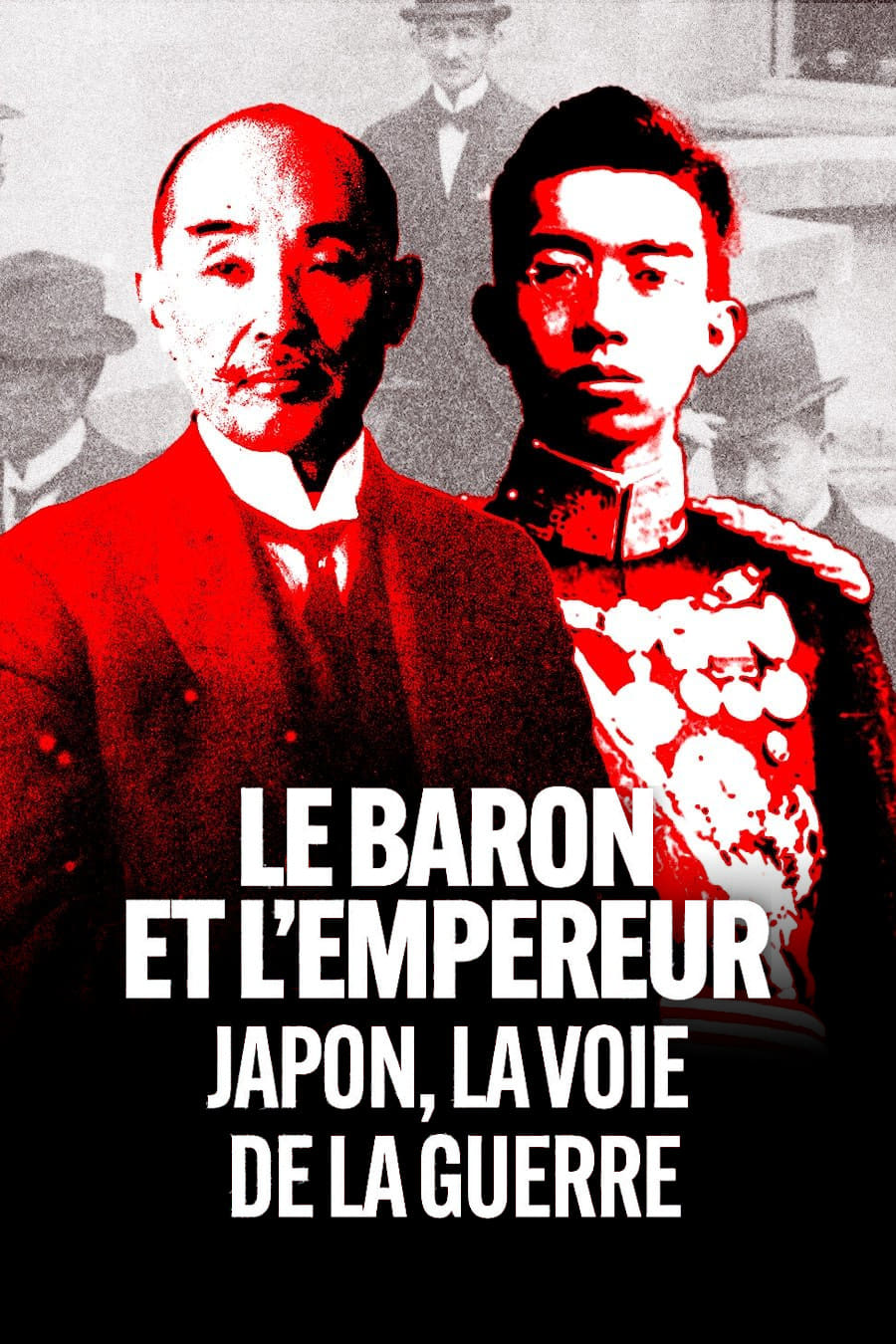
During the Cultural Revolution in China in the late 20th century, ethnic Manchu people were persecuted and forced to give up such cultural traditions as the shaman dance (tiao tchin, meaning "spirit-jumping" or "god's dance"). However, on Changbai Mountain in Northeast China, a farmer named Guan Yunde decided to start designing and building traditional Manchu shaman drums. At age 70, he is one of a minority of ethnic Manchu people in China's Jilin province, and one of the few people keeping the Manchu shamanic tradition alive.

The Ku family are living in the Republic of China era (1930s) as a prestigious household in a wealthy part of Nanjing. Soon, word spreads that the city is being taken over by Imperial Japanese forces. The Ku family - a family of all daughters and a father and mother of weakening health - are soon forced to pack their belongings to leave the war-torn area. One of their servants recommends they move to the rural areas. To their dismay, life is incredibly difficult and they live in poverty. The family is in pieces as each daughter struggles with numerous difficulties in the countryside. However, all members of the family eventually grow closer together as they work in the rural area.
By browsing this website, you accept our cookies policy.